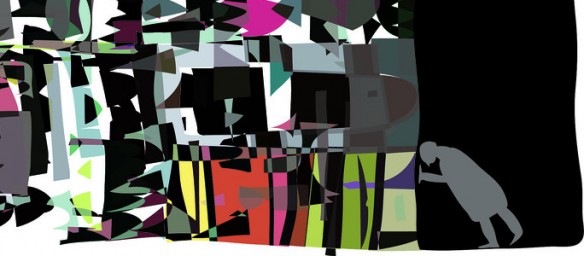Looking over the wreckage of the discarded ideas that have claimed universality over human history, it is obvious that any such claim is fragile at best.
The only exception to this general rule is the continued re-emergence of personal experience as the ultimate ground in which we can put our trust. We are constantly dissuaded to give up on our own experience by endless authorities who attempt to persuade us to adopt their experience as our guide. The postmodernist’s attempt to kill the subject in the name of authoritarian culture has lost its momentum. Hopefully, its offspring—political correctness—will die out as well, and we will be left alone again to believe in the profundity of our own experience.
We have recently witnessed the consequences of being misguided by political correctness—in the guise of progressive political ideology—taking the place of reason and real justice. Power doesn’t care what signifier we use; it can co-opt any signifier and relentlessly prey on our blind fetishes. Hipsters did us a great service by calling out political correctness for its hypocrisy.
But where are we?
What’s going on? Is this a portend of the apocalypse of the economic supremacy of the West?
Hanging out together in tribal groups connected by Facebook, Twitter, blogs, e-mail, texting, clubbing, partying, drinking, drugging, sexing, etc. There is too much depression, anxiety, confusion, and prescription drugs for this to be a genuine celebration of freedom. What’s going on? Is this a portend of the apocalypse of the economic supremacy of the West? Would Nietzsche understand our current post-millennium cultural fragmentation as a natural consequence of our unresolved ideological contradictions? The predictable nihilism inherent in our emphasis on our productive, efficiency-based identities result in an indestructible cynicism that leads to inertia at best and outright contempt of all values at worst.
Whatever the case, we must go back to experience.
Our experience is the one common reference that has authority, while at the same time, questions all external claims of authority. What are we experiencing? How do we feel emotionally and intellectually? Surely we are influenced by culture and genetics, but to turn our intentions and responsibilities over to these forces is to miss what makes us unique and humane.
It’s true: to communicate about our experience, we must have common markers of reference. Pleasure and pain can serve as markers. But these days, what’s more important is that we have conviction in the intensity of our own experience. For only then do we really know what it means to be alive.

